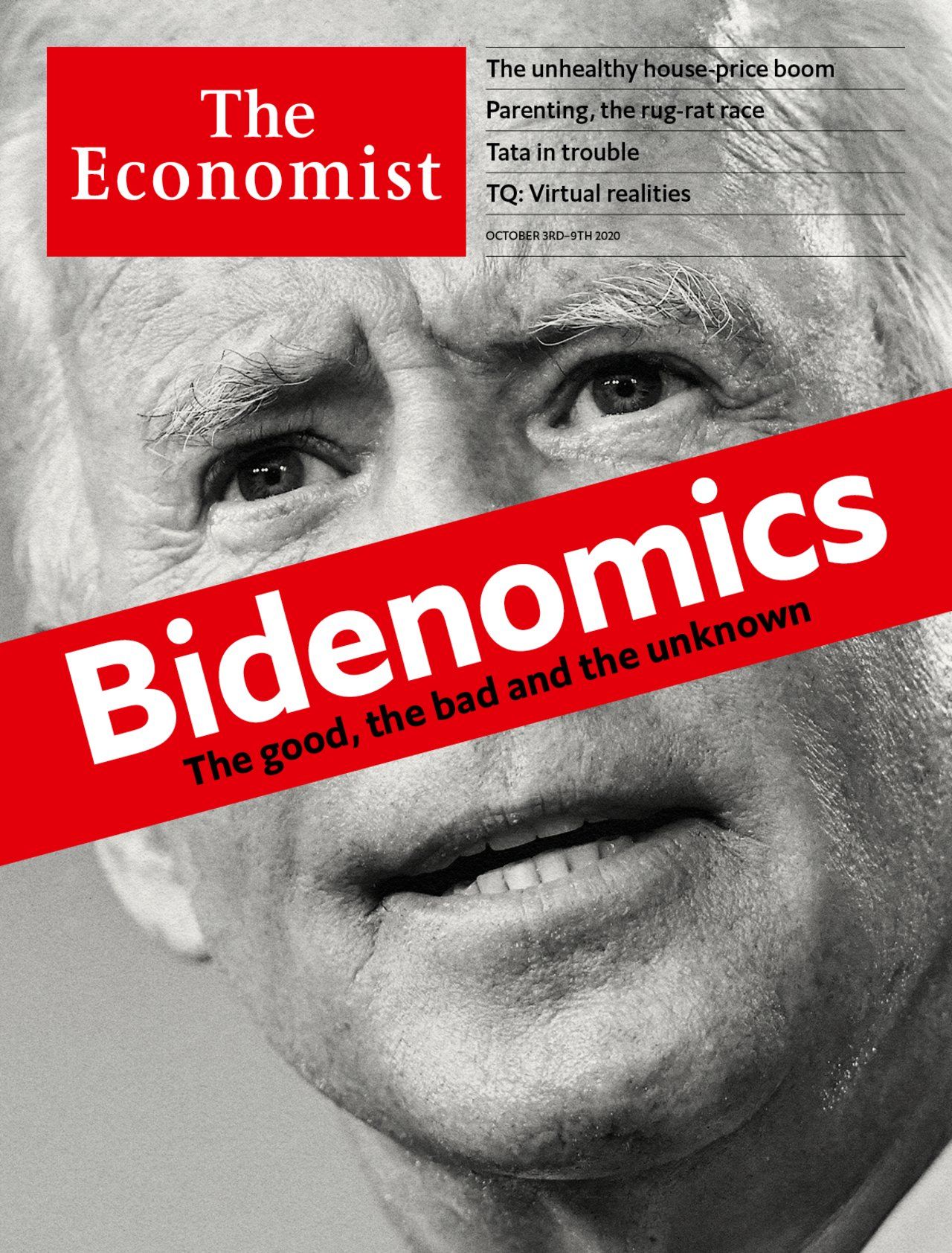Germany is being forced to take a leadership role it never wanted
But thirty years after reunification, it is finding its stride

IN UNGUARDED MOMENTS, British and French diplomats 30 years ago might quietly admit that they could happily live with a divided Germany. Its partition, however unjust, contained the problem of a country that, in Henry Kissinger’s words, was “too big for Europe, too small for the world”. After the Berlin Wall fell in 1989, Margaret Thatcher sought to recruit François Mitterrand, France’s president, in a fruitless plot to block, or at least delay, reunification, fearing an enlarged Germany would upset Europe’s balance or even threaten its security. Among European leaders only Felipe González, Spain’s then prime minister, unequivocally backed a united Germany.
This article appeared in the Europe section of the print edition under the headline “Waking Europe’s sleeping giant”
Europe October 3rd 2020
- Germany is being forced to take a leadership role it never wanted
- War returns to Nagorno-Karabakh
- A by-election shows why Hungary’s opposition struggles
- Spain’s poisonous politics have worsened the pandemic and the economy
- What do Dua Lipa, Rita Ora and Ava Max have in common?
- The revenge of strategic yogurt
More from Europe

Danger in Donbas as Ukraine’s front line falters
Russian fighters are trying to encircle the defenders

Turmoil awaits Michel Barnier, France’s new prime minister
The left rages that the recent parliamentary election has been stolen

Abuse by priests in Italy can no longer be tolerated by the Vatican
Pope Francis is being urged to crack down harder than in the past
Europe must beware the temptations of technocracy
Experts are increasingly crowding out flailing politicians
The West still needs Russian gas that comes through Ukraine
Austria, Hungary and Slovakia are particularly dependent on it
The obstacles faced by Turkey’s winemakers
Climate and politicians can hurt the vineyards
